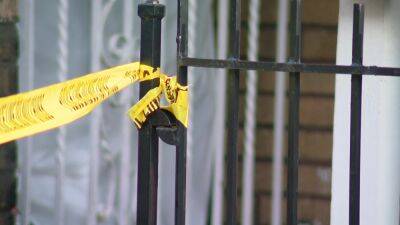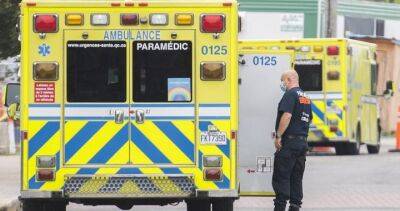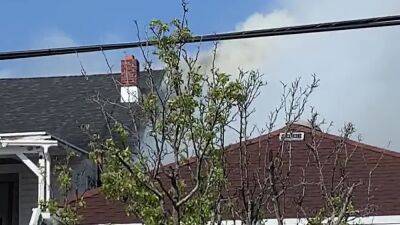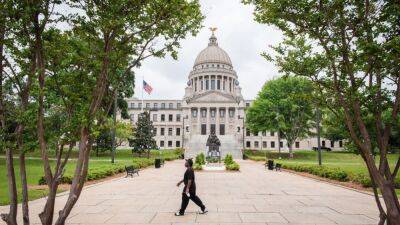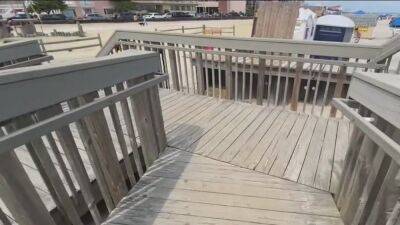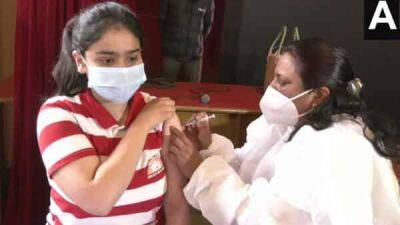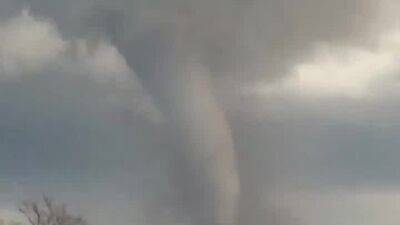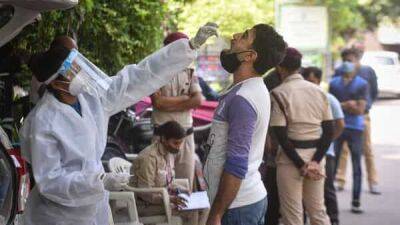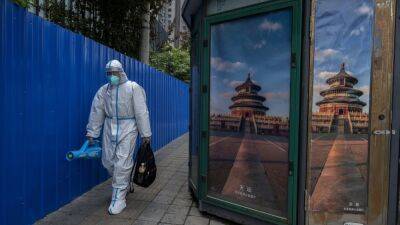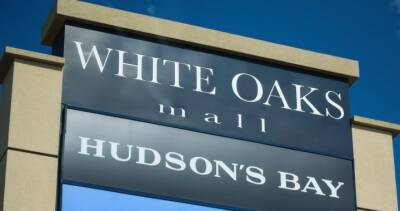Region now in sixth wave of COVID-19: Middlesex-London Health Unit
London, Ont., and Middlesex County have confirmed the region is now under a sixth wave of COVID-19.During a media briefing hosted by the Middlesex-London Health Unit on Monday, medical officer of health Dr.
Alex Summers said this is another wave driven by the Omicron variant.“It’s just finding its way to anybody who was not protected the first go-around from either previous infection or a booster dose,” Summers said.“The wave will not spike as high as the previous Omicron wave, so it’s not going to go as high, but it’s still likely going to look higher than most of the previous waves.” Testing positive weeks after a COVID-19 diagnosis: What it means for travel Summers said it’s unclear at this time how long the wave will last.He expects to see escalating infections through April before declining through May and onwards thanks to spring weather and broad community immunity from previous infections and booster dose coverage.“Again, there’s a bit of a crystal ball in all of that, but regardless we are not yet at the peak of the wave by any means.”There are a number of data points that the MLHU will be keeping an eye on as the wave washes over the region, including what impact it’s having on hospitalizations and intensive care unit admissions.
Case counts, percent positivity on COVID-19 tests, deaths and outbreaks in long-term care homes, retirement homes and congregates are other metrics that will also inform the MLHU about where the region is trending.The health unit will also keep an eye on local wastewater data.A project led by Western University researchers has tracked the viral load of coronavirus in London’s wastewater for most of the pandemic.
Read more on globalnews.ca





